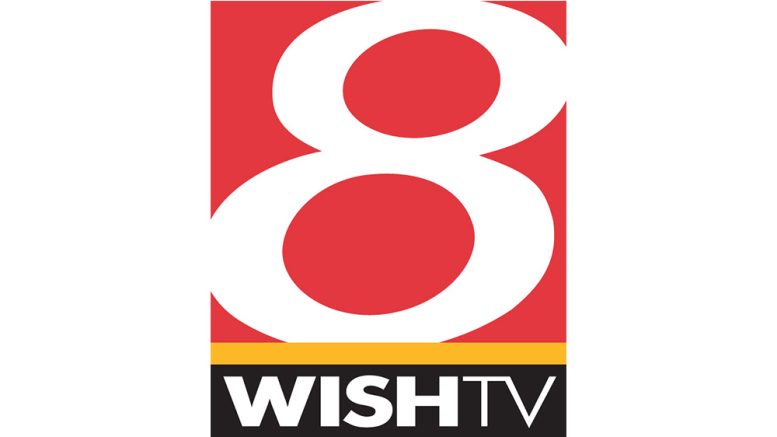By GARRETT BERGQUIST
WISH-TV | wishtv.com
Lawmakers’ final spending plan released Wednesday includes a massive expansion of school vouchers and funding for the state’s new 988 system.
The budget is the result of a week of negotiations between the two chambers. Those negotiations got an unexpected shot in the arm last week when state budget analysts informed lawmakers Indiana should bring in about $1.5 billion more in tax revenue through the end of the 2025 budget year than they had estimated when budget-writing began in December.
Vouchers expand, so does Pre-K
By far the biggest win for the House in the budget negotiations is an expansion of eligibility for the state’s school choice voucher program. Any family making up to 400 percent of the income limit for free or reduced-price school meals would be able to receive a voucher without any preconditions. That’s more than $200,000 per year for a family of four. The Senate had initially declined to include the voucher expansion in its version of the budget.
The voucher expansion has long been a target of supporters of traditional public schools. Indianapolis Rep. Greg Porter, the top-ranking Democrat on the House Ways and Means Committee, blasted the proposal as “despicable” and “a double tax cut” when combined with a provision that moves up the timeline for planned income tax cuts to 2027.
“You get a double tax relief for people who are wealthy who already send their kids to schools,” he said. “And then to get rid of the pathways? That’s a hard pill for me to swallow.”
The budget also includes new funding for the state’s On My Way Pre-K program. Families making up to 150 percent of the federal poverty level would now be eligible, a provision the Senate had requested in its version of the budget. That equates to $45,000 per year for a family of four, up from $38,100 currently.
Additionally, the budget deal eliminates textbook fees and creates a dedicated line item to fund school curriculum materials. Democrats had criticized the House’s original decision to pay for curriculum materials through the main school fund.
No public health gains, but 988 funding answered
Despite the revenue boost, Republican lawmakers stuck to their original plan to boost public health funding by $75 million during the 2024 budget year and then by another $150 million in FY 2025, down from Gov. Eric Holcomb’s request of $120 million and $227 million, respectively. The availability of that extra funding would depend on county public health departments agreeing to provide a uniform set of services spelled out in Senate Bill 4. Lawmakers are still negotiating the final version of that bill.
“We felt like this was an appropriate number to see what the outcomes are, and we can measure the success of programs,” House Speaker Todd Huston, R-Fishers, said.
Budget writers dramatically increased the final amount for the state’s 988 system and certified behavioral health clinics meant to support the system: $50 million in each of the next two years, far more than the $35 million total the Senate had initially set aside. Huston and Senate President pro tem Rod Bray, R-Martinsville, said the additional revenue spared lawmakers the question of deciding between a cigarette tax increase and a cell phone fee to fund the 988 system’s needs.
The state’s Medicaid reimbursement rate, long a complaint of hospitals, will rise to equal the Medicare reimbursement rate, up from the current 83 percent. Lawmakers had planned on bringing the rate up to 90 percent before the revised revenue estimate was released.
The rest
Lawmakers split the difference on the governor’s request for $10 million for Martin University, Indiana’s only Minority-Serving Institution. The House had endorsed the governor’s proposal, but the Senate instead wanted to put the money toward scholarships for minority students to attend any public or private four-year institution in the state. The final version of the budget sets aside $5 million specifically for Martin and $5 million for the Senate’s scholarship idea.
The budget raises starting pay for state troopers, conservation officers, gaming agents, and excise police to $70,000 per year.
Finally, lawmakers are leaving in a clause that forbids any public money from being used for IU’s Kinsey Institute for Research in Sex, Gender and Reproduction.
Next steps
Both chambers still must hold final up-or-down votes on the budget. Those votes likely will happen on Thursday. Historically, the legislative session has ended once lawmakers approve the budget.
Gov. Holcomb will still need to sign or veto the budget bill, as with any other legislation. Unlike governors in 44 states, Indiana’s governors lack line-item veto, which would allow them to veto individual parts of the budget while still giving the underlying bill their final approval.

